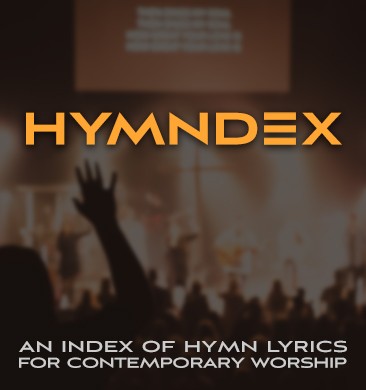What You’ll Learn
- How to weave work-related themes into sermons, prayers, and worship elements without requiring specialized content
- Practical ideas for children’s talks, hymns, liturgy, and visual imagery that connect daily work to faith
- Why traditional approaches to commissioning services miss the mark and what language actually honors all types of work
- How small groups and community gatherings can become spaces where workplace challenges are actually discussed
- Concrete strategies from churches like Opawa Baptist and Redeemer Presbyterian that are making this shift
- Why ethical preaching falls short when churches ignore workplace issues
- How worship services designed with work in mind create conditions for deeper spiritual growth
The Disconnect Nobody’s Talking About
Here’s something that might surprise you: most church-goers have never heard a sermon about what God thinks regarding their daily work. Not once. Yet they spend a third of their lives working. That’s a massive blind spot in contemporary worship.
A growing movement of churches is waking up to this reality. They’re recognizing that worship isn’t confined to Sunday mornings, but an all-of-life activity. And if congregations are going to practice what Paul talked about (working “as working for the Lord”), then churches need to create spaces where that connection gets named, celebrated, and supported.
Making the Shift: Where to Start
The good news is this doesn’t require reinventing your entire worship service. Savvy worship leaders are discovering that small, strategic adjustments create surprising momentum.
Preaching is the obvious place to begin. Rather than reserving one or two special sermons for workplace topics, effective churches are weaving work-related themes into regular expositional preaching. One pastor preaching through Joseph’s life got flooded with responses when he highlighted Joseph’s actual working conditions. The congregation came alive. Bible readings can be reframed with introductions that invite listeners to consider work connections. Even children’s talks become powerful when a pastor’s bag full of uniforms and work tools generates both laughter and earnest prayer for people in their professions.
What about songs and prayers? Contemporary music that speaks to work is admittedly scarce, but traditional hymns are gold mines for this theme. Participatory prayer moments (where people write down the work they’ll do this week and see those offerings lifted up during intercession) transform abstract prayers into concrete, personal worship.
The Ripple Effect
Here’s where it gets really interesting: when worship services actually name work as sacred, something shifts in small groups and community life. Surveys show that congregations rarely discuss their working lives in depth unless these issues get highlighted from the pulpit first. Once they do? Conversations flourish. Groups start visiting one another’s workplaces. People get prayed for specifically about their vocational struggles.
Then there’s the ethical question. Research across multiple countries shows that church attendance correlates with ethical perspectives, but only on issues churches actually preach about. Neglect workplace ethics, and people won’t grow in that area either. The implication is clear: whatever churches want their people to care about, they need to name it, celebrate it, and anchor it in worship.








